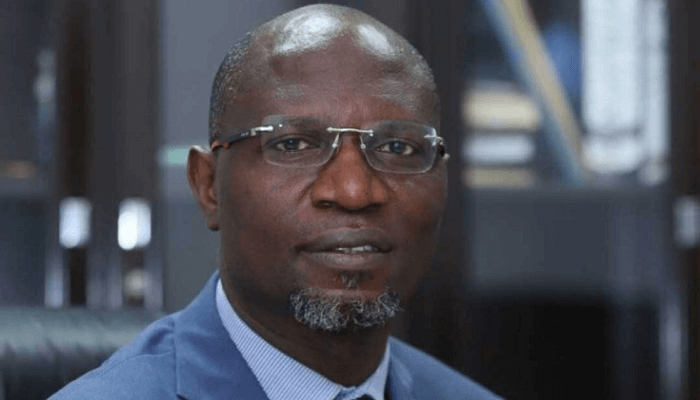In a fresh push to tackle Nigeria’s housing deficit, estimated at 28 million units, the Securities and Exchange Commission (SEC) and the Federal Mortgage Bank of Nigeria (FMBN) have unveiled what they call Non-Interest Mortgage (NIM), designed to provide access to homeownership.
NIM, developed through a strategic collaboration between SEC and FMBN, is a comprehensive initiative targeted at millions of Nigerians, particularly those excluded from conventional interest-based mortgages.
The initiative will give them access to homeownership through ethical, Sharia-compliant financing structures, while the new partnership is expected to catalyse bridging the housing gap.
SEC is to provide a regulatory backbone for Sukuk and NIM products. Emomotimi Agama, Director-General of the SEC, described the collaboration as crucial to unlocking long-term, sustainable financing for the housing sector.
He affirmed the Commission’s commitment to providing the regulatory framework for Sukuk issuances and other non-interest capital market instruments that will fund the proposed mortgage products.
“Our collaboration with FMBN is pivotal to unlocking long-term financing for the housing sector,” Agama said. “By creating a clear regulatory pathway for non-interest mortgage-backed securities, we can attract ethical investors, both domestic and international. This will create a virtuous cycle of funding, construction, and ownership,” he added.
Agama noted that developing a structured NIM model would enhance market integrity, protect investors, and ensure stability across the financial ecosystem.
Shehu Osidi, FMBN’s Managing Director/CEO, explained that the move addresses a longstanding limitation of the National Housing Fund (NHF) scheme, which many Nigerians—particularly Muslims—have been unable to access due to its interest-based structure.
“For a long time, a substantial number of our citizens have been unable to participate in the NHF scheme due to the interest-based nature of conventional mortgages,” Osidi said. “This partnership with the SEC is a strategic response to that gap. We are committed to developing non-interest mortgage products that are ethical, inclusive, and financially sustainable,” he added.
Ebilate McYoroki, housing and finance expert, hailed the initiative as “long overdue,” noting that it could unlock a vast pool of prospective homeowners and investors who have remained on the sidelines.
“This is a masterstroke in financial inclusion,” he said. “If implemented transparently, it could significantly accelerate the pace of housing delivery in the country.”
He gave insights into how the non-interest mortgage model works, saying that, unlike traditional mortgages that charge interest, non-interest financing is based on risk-sharing, asset-backing, and equitable returns.
The models under consideration include Musharakah also called Diminishing Partnership, which involves joint purchase of property by bank and customer, with the customer gradually buying out the bank’s share.
Ijara (Lease-to-Own): Bank acquires property and leases it to the customer, with rental payments contributing to ownership transfer.
Murabaha (Cost-Plus Sale): Bank purchases the property and sells to the customer at a pre-agreed markup payable in installments.
The successful rollout of the NIM framework is expected to stimulate construction activity, generate jobs, and enhance financial inclusion—contributing meaningfully to Nigeria’s broader economic development agenda.

